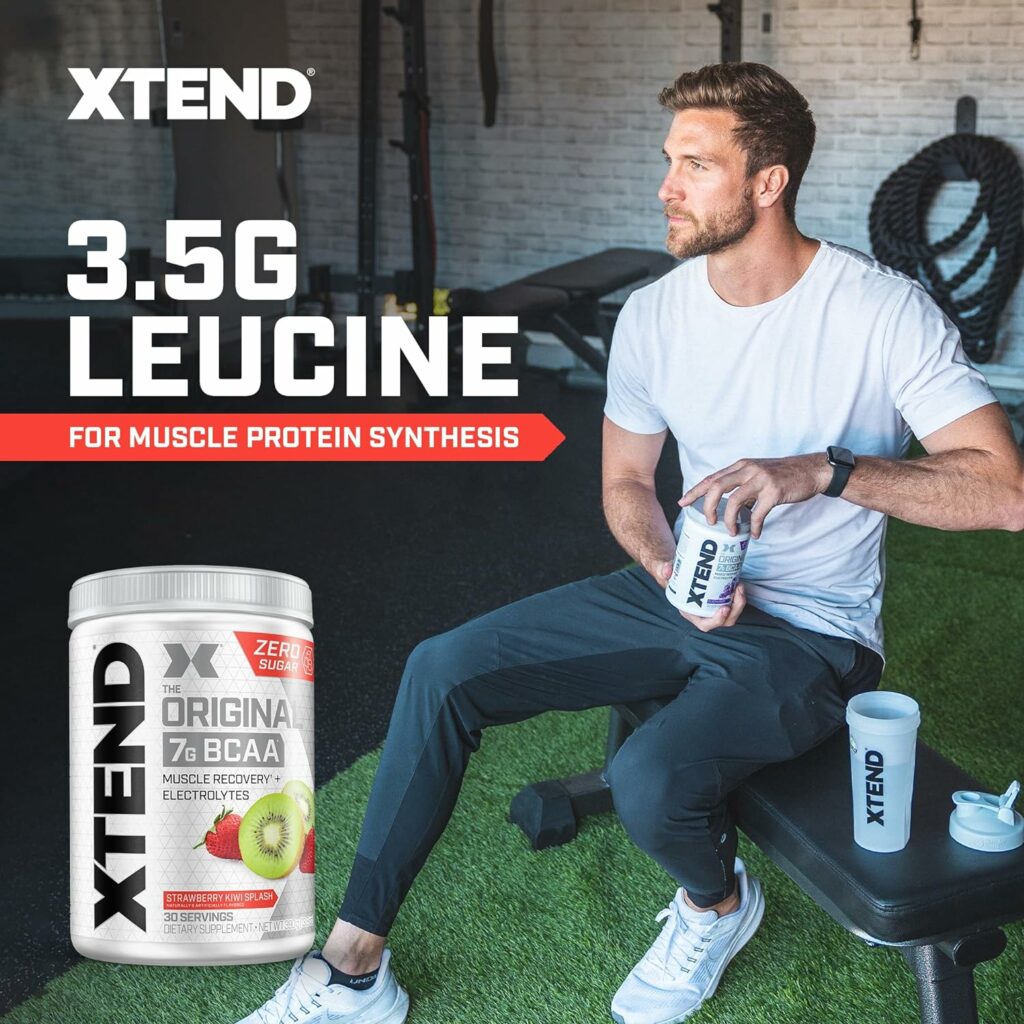Metabolism for the Fitness
A fundamental concept in the realm of fitness and health. According to the dictionary, metabolism is defined as the sum of all biochemical processes involved in sustaining life. When it comes to our health and metabolism, this term refers specifically to the intake, utilization, and conversion of food into energy. Essentially, it is our body’s ability to harness the nutrients from our diet and convert them into the energy required for daily activities and bodily functions.
Enhancing Metabolism Through Exercise and Muscle Mass
One of the most effective strategies for boosting metabolism is through regular exercise and increasing muscle mass. Physical activity plays a crucial role in elevating our metabolic rate. When we engage in exercises, especially those that build muscle, we enhance our body’s ability to burn calories. Muscle tissue is metabolically active, meaning that even at rest, muscles burn more calories than fat. Therefore, the more muscle mass you have, the higher your resting metabolic rate will be, leading to more efficient calorie burning throughout the day.
The science behind this is straightforward: muscle cells require more energy to maintain than fat cells. This means that by increasing your muscle mass through resistance training, weightlifting, or bodyweight exercises, you can significantly boost your metabolism. This increase in muscle mass not only helps in burning more calories during rest but also enhances your overall physical appearance, making you look leaner and more toned. Additionally, engaging in high-intensity interval training (HIIT) can further elevate your metabolic rate by creating an afterburn effect, where your body continues to burn calories at a higher rate even after you’ve finished exercising.
Dissolves Fat Faster!
Another key aspect of metabolism is its variability among individuals. Some people naturally have a high metabolic rate, allowing them to burn calories quickly and maintain a lean physique. These individuals seem to process food almost as fast as they consume it. On the other hand, some people have a slower metabolic rate, which means they burn calories more slowly and may be more prone to weight gain. This variation in metabolic rates can be attributed to several factors, including genetics, age, gender, and lifestyle choices.
For those with a slower metabolic rate, finding ways to boost metabolism is crucial for effective weight management. Incorporating metabolic-boosting foods, such as those rich in protein, can aid in this process. Protein has a higher thermic effect of food (TEF) compared to fats and carbohydrates, meaning that your body burns more calories digesting protein than it does digesting other macronutrients. Spicy foods, green tea, and caffeine are also known to provide temporary boosts to metabolism, aiding in faster fat burning.
Understanding the Body’s Metabolism
The body’s metabolism is a unique and intricate process that differs from person to person. No two individuals metabolize food at the same rate, making each person’s metabolism as unique as their fingerprints. This uniqueness is influenced by a myriad of factors, including calorie intake, nutritional needs, thyroid and endocrine function, and overall health. Understanding and accommodating these metabolic differences is essential for managing weight and achieving optimal health.
Metabolism is broadly categorized into two types: anabolism and catabolism. Anabolism is the process of building up organs and tissues, requiring energy. It’s during anabolism that our body synthesizes complex molecules such as proteins, nucleic acids, and lipids. On the other hand, catabolism is the process of breaking down molecules to produce energy. During catabolism, complex molecules like carbohydrates, fats, and proteins are broken down into simpler ones to release energy, which is then used to fuel various bodily functions.
The Role of Calorie Intake and Nutrition
Our metabolism is intricately linked to our calorie intake and nutritional needs. Consuming a balanced diet that meets our vitamin and nutrient requirements is crucial for maintaining a healthy metabolism. Additionally, the thyroid and endocrine systems play a significant role in regulating metabolic processes. These glands produce hormones that influence how our bodies utilize and store energy. For many years, researchers have sought ways to enhance metabolic rates, especially for individuals struggling with obesity. While certain foods can naturally boost metabolism, their effects are often minimal. A more direct and effective method of raising metabolism remains a challenge.
In addition to macronutrients, micronutrients like vitamins and minerals are essential for metabolic health. Vitamins such as B-complex (B1, B2, B3, B5, B6, B7, B9, and B12) play vital roles in energy production by converting food into energy. Minerals like magnesium and iron are also crucial for metabolic processes. Magnesium is involved in over 300 enzymatic reactions in the body, including those that regulate metabolism, while iron is a key component of hemoglobin, which transports oxygen to cells for energy production.
The Impact of Physical Fitness on Metabolism
Staying physically fit and active is one of the most impactful ways to enhance metabolism. Over the course of a lifetime, regular exercise and maintaining muscle health can significantly influence how our bodies metabolize food. As we age, our metabolism tends to slow down naturally. However, this decline can be mitigated through consistent physical activity and fitness. By incorporating strength training and aerobic exercises into our routines, we can preserve muscle mass, maintain a higher metabolic rate, and support overall health and weight management.
Aerobic exercises, such as running, cycling, swimming, and brisk walking, increase your heart rate and improve cardiovascular health, which in turn boosts your metabolic rate. These exercises enhance the efficiency of your cardiovascular system, allowing your body to transport oxygen and nutrients more effectively, thus improving metabolic function. Strength training, on the other hand, builds muscle mass and increases the basal metabolic rate (BMR), which is the number of calories your body needs to maintain basic physiological functions at rest.
Achieving Metabolic Balance
Achieving a natural balance between metabolic burn and calorie intake is crucial for optimal health and weight control. Through careful analysis, personalized exercise regimens, and attention to individual needs, it is possible to attain this equilibrium. By understanding our unique metabolic profiles and adopting lifestyle habits that support metabolic health, we can achieve and maintain a healthy weight, enhance our energy levels, and improve our overall well-being.
Sleep, stress management, and hydration are additional factors that influence metabolism. Poor sleep quality and chronic stress can disrupt hormonal balance, negatively impacting metabolic rate and leading to weight gain. Ensuring adequate sleep and managing stress through techniques like mindfulness, meditation, and yoga can help regulate hormones and support metabolic health. Staying well-hydrated is also essential, as water is involved in numerous metabolic processes, including digestion and energy production.
Conclusion
In conclusion, metabolism plays a vital role in our health and fitness journey. By understanding the factors that influence metabolism and adopting strategies to enhance it, we can achieve our fitness goals more effectively. Exercise, muscle mass, and proper nutrition are key components in boosting metabolism and maintaining a healthy weight. By staying active and making informed dietary choices, we can support our metabolic health and enjoy the benefits of increased energy and improved overall wellness.
DISCLAIMER:
This information is not presented by a medical practitioner and is for educational and informational purposes only. The content is not intended to be a substitute for professional medical advice, diagnosis, or treatment. Always seek the advice of your physician or other qualified healthcare providers with any questions you may have regarding a medical condition. Never disregard professional medical advice or delay in seeking it because of something you have read.
Since natural and/or dietary supplements are not FDA-approved they must be accompanied by a two-part disclaimer on the product label: that the statement has not been evaluated by FDA and that the product is not intended to “diagnose, treat, cure or prevent any disease.”





